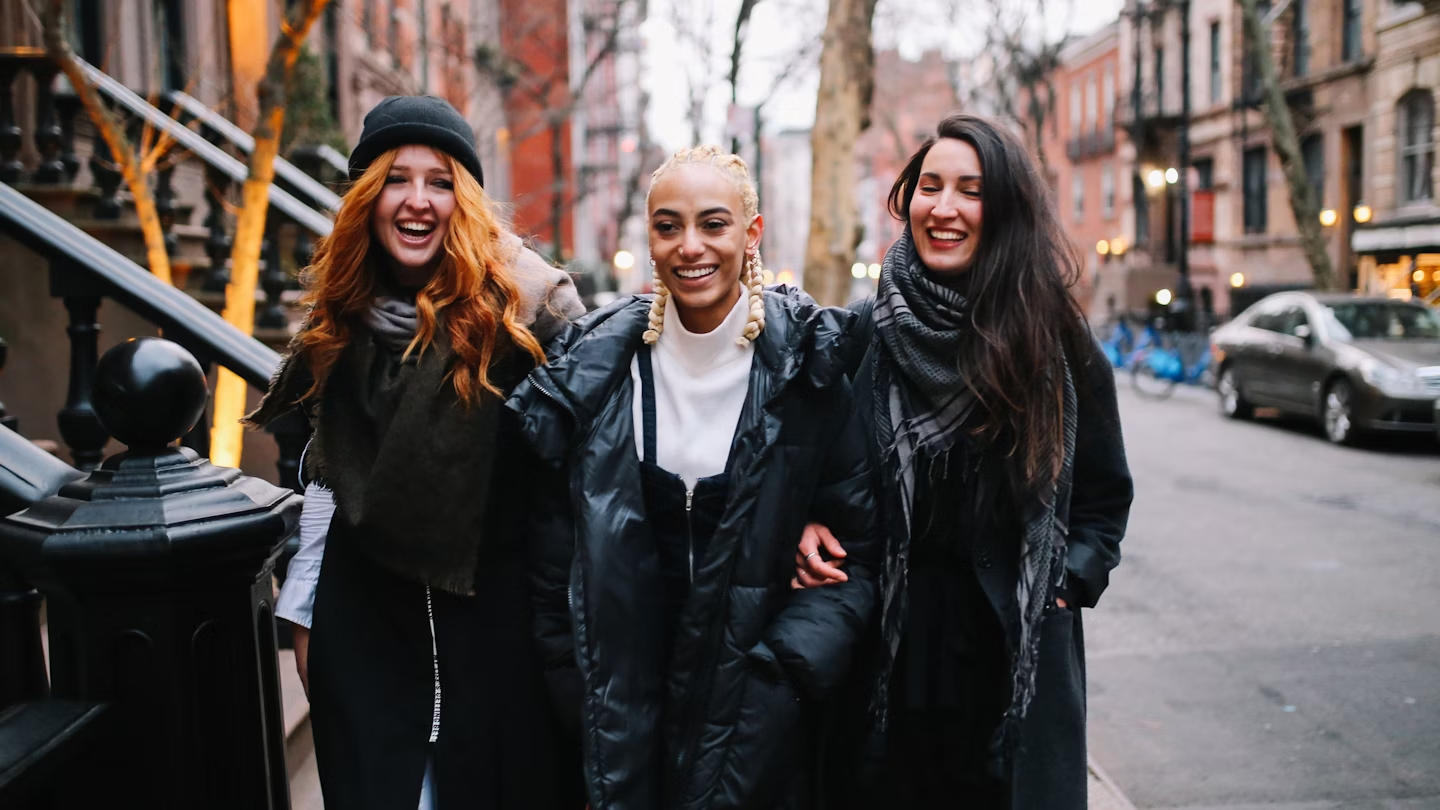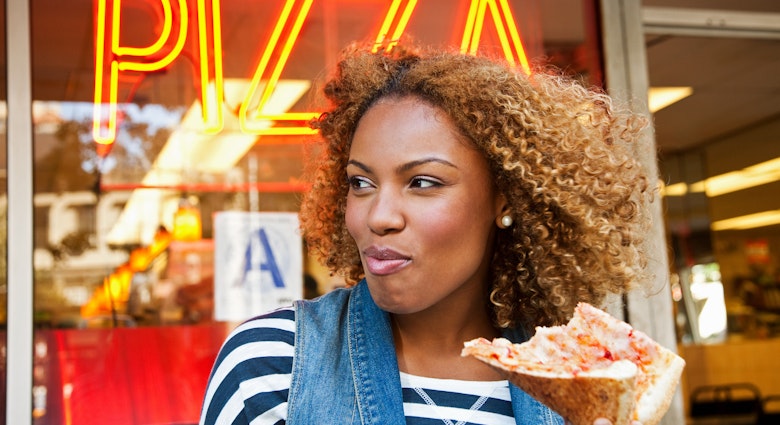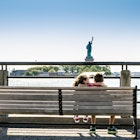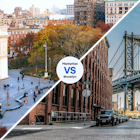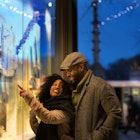New York City’s world-class cultural institutions, incredible diversity and everything-goes kind of vibe make it a one-of-a-kind destination to visit.
Having moved here over 18 years ago, I think it’s fair to say that I’m now officially a New Yorker. And as an official New Yorker, I’ve found myself playing tour guide for dozens of friends and family over the years.
In my experience, most visitors arrive full of excitement and clutching a list of places to go and restaurants to try. While these lists usually include some great New York City sites and bites, they often miss the information that will really help you fit in, feel like a local and make your trip easier and more fun. So, here are ten things I want you to know before your trip to New York City.
1. Understand that New York City is not just Manhattan
Don’t get me wrong, Manhattan is great. After all, it’s home to beautiful Central Park and the Metropolitan Museum of Art, both of which are must-see stops in NYC. However, Manhattan is only one of five boroughs, and you’re missing out if you don't go beyond it. Queens is the largest and most diverse borough in the city, and as a non-Queens resident, I’ll admit that they have some of the best food in the city.
Not only can you find Bhutanese, Mexican, Ecuadorian, and Thai food within a few blocks but the Queen’s Night Market offers a huge concentration of vendors in the summer. The Bronx is known for its gritty past and being the birthplace of hip-hop, but it also has the New York Botanical Garden, which is also near Arthur Avenue, the city’s real Little Italy (the one in Manhattan has become more of a stage set).
Brooklyn has become the coolest kid on the block with amazing waterfront parks (that offer the best views of Manhattan), world-class exhibits at the Brooklyn Museum, and a happening nightlife scene to keep you going until the wee hours. Staten Island might be called “the forgotten borough,” but New York City wouldn’t be New York City without it – take the (free!) Staten Island Ferry not just to catch views of the Statue of Liberty but to visit the Chinese Scholar’s Garden in a secluded corner of Snug Harbor Cultural Center. Here, a team of 40 Chinese artisans used Ming-dynasty methods and handcrafted the lattice screens, pagoda-style roofs, pavilions, and bridges.
2. Take the train anywhere and everywhere
New York City Transit’s five-borough subway and bus network is famous for its 24/7 coverage and (relative) reliability. Locals like to complain about train delays and malfunctions (which are absolutely a thing, especially on the weekends), but overall it’s pretty impressive.
NYC yellow cabs are iconic and ride-hailing apps are popular and convenient, but in addition to fuel-filled vehicles being bad for the environment, traffic is horrendous in New York City, and the subway is usually faster than a car.
3. Understand subway etiquette
Okay, you’ve decided to ride the train, good for you! Now you just need to understand some basic subway etiquette. Take your backpack off and put it on the floor or swing it around to your front so you’re not bumping people with it or taking up too much space. Step out of the way of the doors to let people on and off because blocking the doors (which annoying New Yorkers also do) really slows things down.
Even if you see locals blasting music, cutting their nails, drunk ranting on the subway, or eating, please don’t do that. Finally, if you see someone get on who is elderly, pregnant, or disabled, offer them your seat. As the classic New York Metro Transit Authority quote states, “Courtesy is contagious and it begins with you.”
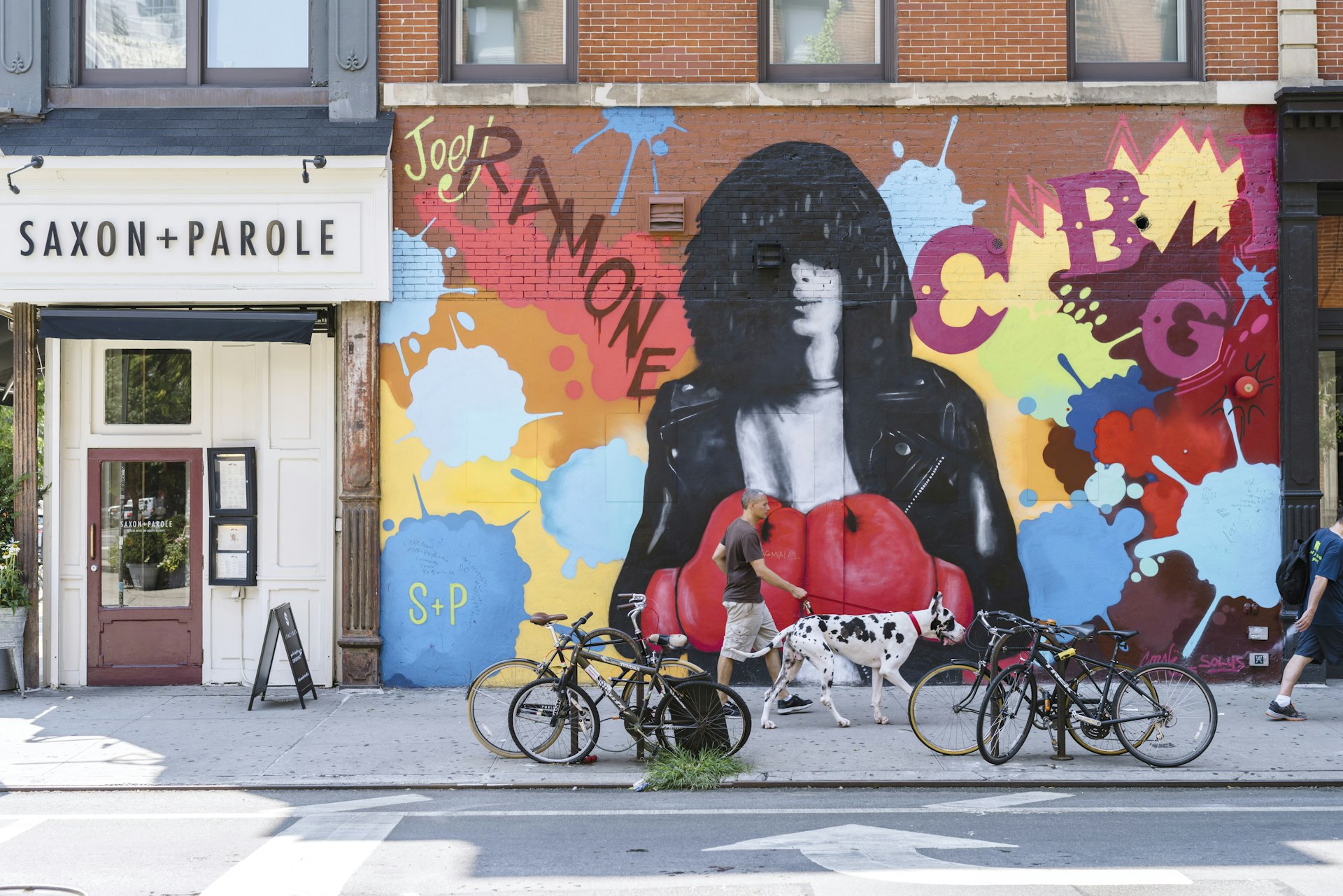
4. Ride a bike
I promise my tips are about more than how to get around but know that biking really is an amazing way to explore the city. According to the NYC Department of Transportation, over half a million cycling trips are made in the city every single day. Want to get around like a New Yorker? Ride a bike! Loads of bike shops offer rentals (as do outfitters in Central Park, where the bike loop does tend to get super crowded on weekends), but you can also use our fabulous bike share.
The CitiBike program includes thousands of bikes across four boroughs (sorry, Staten Island, CitiBike also forgot you), as well as Hoboken and Jersey City. Snag a free bike map from a bike shop and study NYC’s extensive cycle path network. Popular places to ride are along the Hudson River Greenway, which runs along most of the western coast of Manhattan, and along the Brooklyn waterfront. If you’re biking on city streets, be careful and wear a helmet.
5. Bring cash
Most businesses accept credit cards in the city, but smaller shops and street vendors may only take cash. Want to relax with a massage? Chinatown has loads of affordable massage parlors (I promise, most are legit), and some only take cash.
6. Understand NYC lingo
For the most part, New Yorkers talk just like other Americans. We do have our own slang, however, and much of it applies to food. If you’re in the mood for a BEC (bacon-egg-and-cheese sandwich, usually “on a roll,” which is a soft kaiser roll), you go to a bodega (neighborhood convenience store). If you’re buying pizza, you can usually get “a slice,” a “grandma slice” (the square ones) or a whole “pie.” In some American cities you can order a hoagie or submarine sandwich, but in NYC ask for a “hero,” which can be either hot or cold. A “regular” coffee has milk and sugar.
Also, when it comes to so-called “New York speak,” I feel compelled to mention Houston Street in lower Manhattan. No, that street is not pronounced “Hugh-Stun,” like the city in Texas. It’s pronounced, “How-Stun.” I don’t know why, but it is, and anytime we hear someone say it otherwise, we know they’re a tourist.

7. Don’t eat a slice of pizza with a knife and fork
Please, please don’t do it. Even the former Mayor of New York City, Bill De Blasio, was ridiculed for doing this. De Blasio (who is originally from Boston) argued that his method was authentic to his Italian roots but New Yorkers weren’t having it and mocked him even more. Grab your sloppy slice by both ends of the crust and fold it in half so the cheese doesn’t spill out (or at least less cheese spills out).
8. Eat all the food
New York City is known for its food, from world-class dining to street food. Pizza, bagels, hot dogs, and pastrami on rye are our claims to fame, but as the most diverse city in the country, expect to find extraordinary food from all over the world. Not only do we have a huge amount of excellent Chinese, Thai, Mexican, Korean, and Vietnamese food, but there's also a tremendous number of restaurants specializing in cuisine that can be harder to find in the US.
Think Sri Lankan food in Staten Island; Colombian and Bhutanese food in Queens, Jamaican and Dominican food in the Bronx; and Trinidadian, Palestinian, and Haitian food in Brooklyn. As for Manhattan, you’ll find everything from Burmese and Persian to some of the best soul food in the country.
9. Safety tips for visitors
New York City is one of the most progressive cities in the country, but racial and gender-based discrimination still happens. For its size, NYC is one of the safest large cities out there, and most major crime tends to happen far away from tourist areas.
That said, visitors should be prepared for the same issues that are found in other cities around the world. Pickpocketing and purse snatching are far from rampant here (Paris and Barcelona seem bigger hubs for that), but don’t tempt petty thieves – keep your belongings close to you and your phone tucked away.

10. Some of New York City is accessible, but much of it isn’t
Travelers with disabilities should check out NYC Tourism’s Accessible NYC Guide, which includes information on accessible dining, museums, festivals, and other attractions in the city. The site allows you to search activities by category, neighborhood, or type of accessibility (audio description, braille, assistive listening system, adaptive activity, sign language, neurodiverse programming, etc.)
Wheelchair-friendly subway stations exist but are unique to high-traffic hubs. Many of the city’s 472 subway stations lack elevators and ramps, and they may not always be working in those that have them. Before heading out, check the MTA Accessibility page for a list of accessible stations and then cross-check that with their Alerts Page so you don’t route your trip through a station that is under repair for the weekend.
According to the MTA, 124 of its stations offer full access for visitors with a walking impediment but, although that’s something, truly equal access for disabled visitors and residents across the five boroughs is a long way off.

